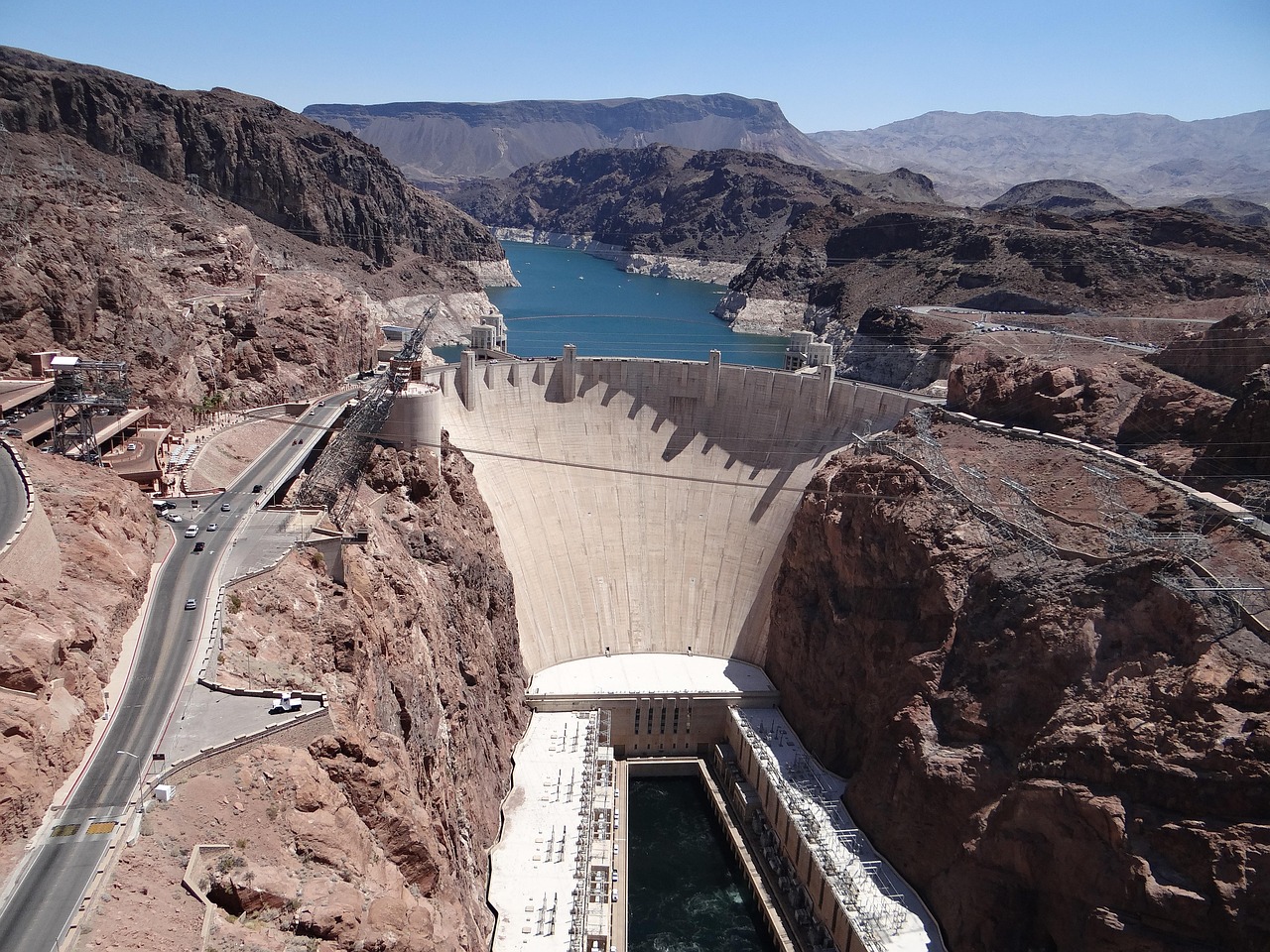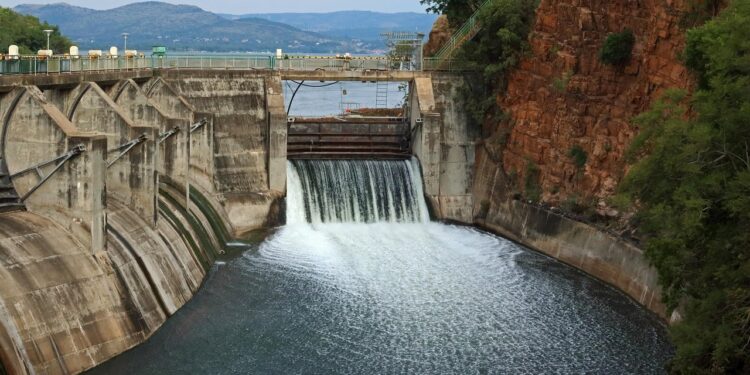The official inauguration of the Grand Ethiopian Renaissance Dam (GERD) is much more than a political ceremony—it’s a seismic shift in the balance of power along the Nile. Ethiopia, a nation long constrained by colonial-era treaties that gave Egypt and Sudan disproportionate control, has finally reclaimed its own destiny.
The GERD is a potent symbol of what an African nation can achieve through its own ambition and resources, with over 90% of its funding coming from the Ethiopian people themselves. This project is a genuine statement of national pride and a path toward shared prosperity in a region that desperately needs it.

Debunking Egypt’s ‘Existential Threat’ Narrative
For over a decade, Egypt has used a narrative of existential dread to try and stop the GERD. But let’s be honest: their fears are less about water and more about losing their hydro-hegemony over the Nile.
While Egypt does rely on the river for 90% of its freshwater, the reality is that the GERD, if managed cooperatively, poses no threat to that supply. Independent research has shown that the dam can actually help regulate the Nile’s flow, preventing the devastating floods that have historically plagued Sudan and Egypt while ensuring a more consistent water supply throughout the year.
The real challenge for Egypt isn’t a lack of water; it’s a lack of modern water management. With a rapidly growing population and an agricultural sector that still uses inefficient irrigation methods, Cairo needs to modernize its infrastructure rather than clinging to an outdated system.
On Navigating The Tensions
The GERD is here to stay. The question is no longer whether it will operate, but how Egypt, Sudan, and Ethiopia will manage the Nile’s future together. The solution isn’t continued conflict or diplomatic saber-rattling; it’s genuine, good-faith cooperation.
First, the parties must establish a legally binding agreement on the dam’s operation. This framework should include clear rules for how water is managed during both wet and dry years, with transparent data sharing among all three nations.
Additionally, all parties must commit to a system of fair and equitable utilization of the river’s resources, acknowledging Ethiopia’s right to development while addressing the legitimate concerns of downstream nations.
Last but not the least, the international community, particularly the African Union, must continue to facilitate these talks and prevent any external interference that could escalate tensions. The Nile is a shared resource, and its management must be a shared responsibility.
The success of the GERD can either be a source of shared prosperity or the flashpoint for a new conflict. The choice is up to them.

















